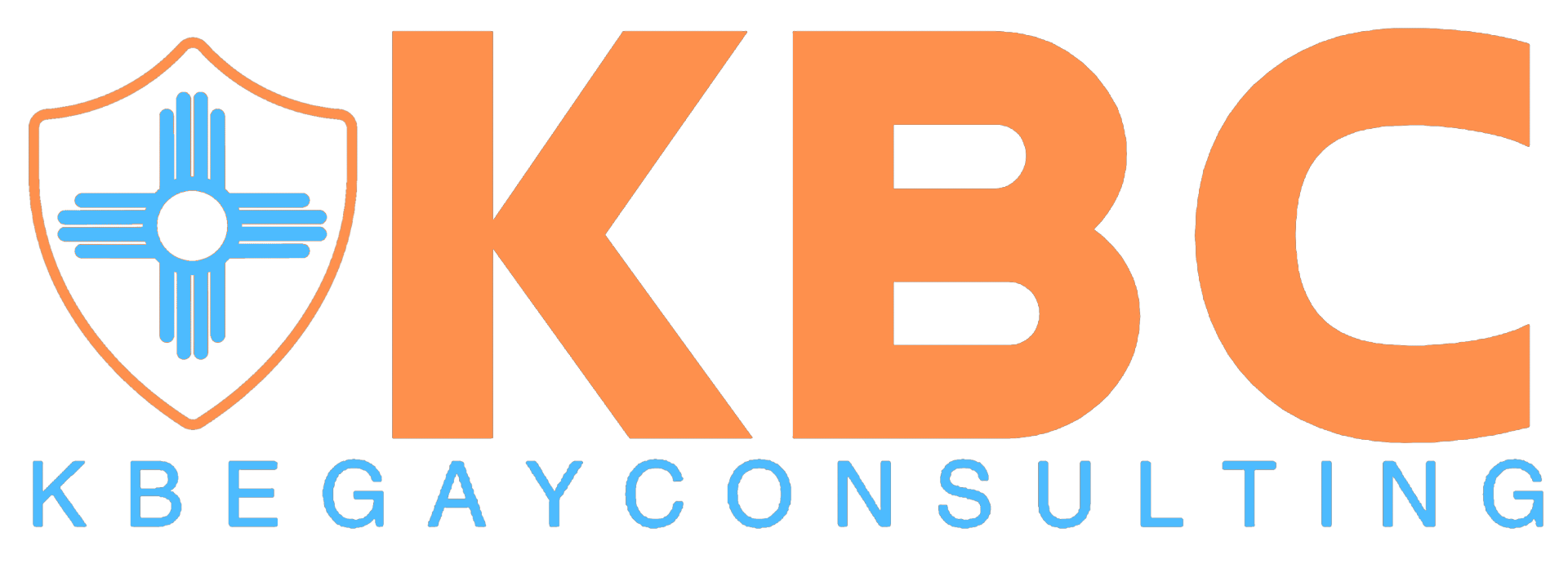Medicare Supplemental Plans

Medicare Supplemental Plans
What is Medigap?
Medicare Supplement Health Insurance (Medigap) is a health insurance plan sold by private companies to help pay for healthcare costs that Original Medicare doesn’t cover. Medigap plans can help with out-of-pocket costs like deductibles, coinsurance, and copayments.
Buying Options
How to Buy a Medigap Policy
To buy a Medigap policy, you must generally be enrolled in Medicare Part A and Part B, and you’ll need to pay both a monthly Medicare Part B premium and a Medigap premium. Medigap policies are standardized and named by letters, A–N, and plans with the same letter name must provide the same basic benefits. The only difference between policies with the same letter sold by different companies is price.
You can usually sign up for a Medigap policy during a six-month open enrollment period that starts the first day of the month you turn 65 or older and enroll in Part B. After this period, it may be more difficult and expensive to buy a policy, and each state may have different rules. Once you’re enrolled, your policy will renew every year as long as you pay your premium and the plan is still available.
Medigap plans generally don’t cover long-term care or vision or dental care.

Compare Medigap Plan Benefits
The chart below shows basic information about the different benefits Medigap policies cover.
The Medigap policy will only pay your coinsurance after you’ve paid the deductible (unless the Medigap policy also covers your deductible).
![]() = The plan covers 100% of this benefit X= The plan doesn’t cover this benefit % = The plan covers this percentage, you’re responsible for the rest N/A = not applicable
= The plan covers 100% of this benefit X= The plan doesn’t cover this benefit % = The plan covers this percentage, you’re responsible for the rest N/A = not applicable
Compare the benefits offered by each plan. Get a Free Quote Here

How Medigap Works*
To buy a Medigap policy, you must have original Medicare – Part A and Part B.
A Medigap policy only covers one person, so if you and your spouse want Medigap coverage, you each have to buy your own policy.
If you have a Medigap policy and get care:
Medicare will pay its share of the Medicare-approved amount for covered healthcare costs. In most Medigap policies, you agree to have the Medigap insurance company get your Part B claim information directly from Medicare. Medigap will pay your doctor the amount owed under your policy, and you cover the remaining costs. Some Medigap insurance companies also provide this service for Part A claims.
If your Medigap insurance company doesn’t get your claims directly from Medicare:
Ask your doctors if they “participate” in Medicare. This means that they “accept assignment” for all Medicare patients.
If your doctor participates, your Medigap insurance company is required to pay your doctor directly, if you ask them to.
Once you buy a policy:
You’ll keep it as long as you pay your Medigap premiums. All standardized Medigap policies are automatically renewed annually even if you have health problems. Your Medigap insurance company can only drop you if:
- You stop paying your premiums.
- You weren’t truthful on the Medigap policy application.
- The insurance company goes bankrupt or goes out of business.
*Information is located on www.medicare.gov and www.cms.com.
